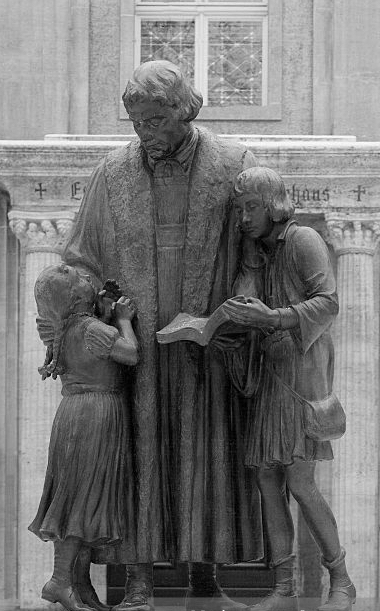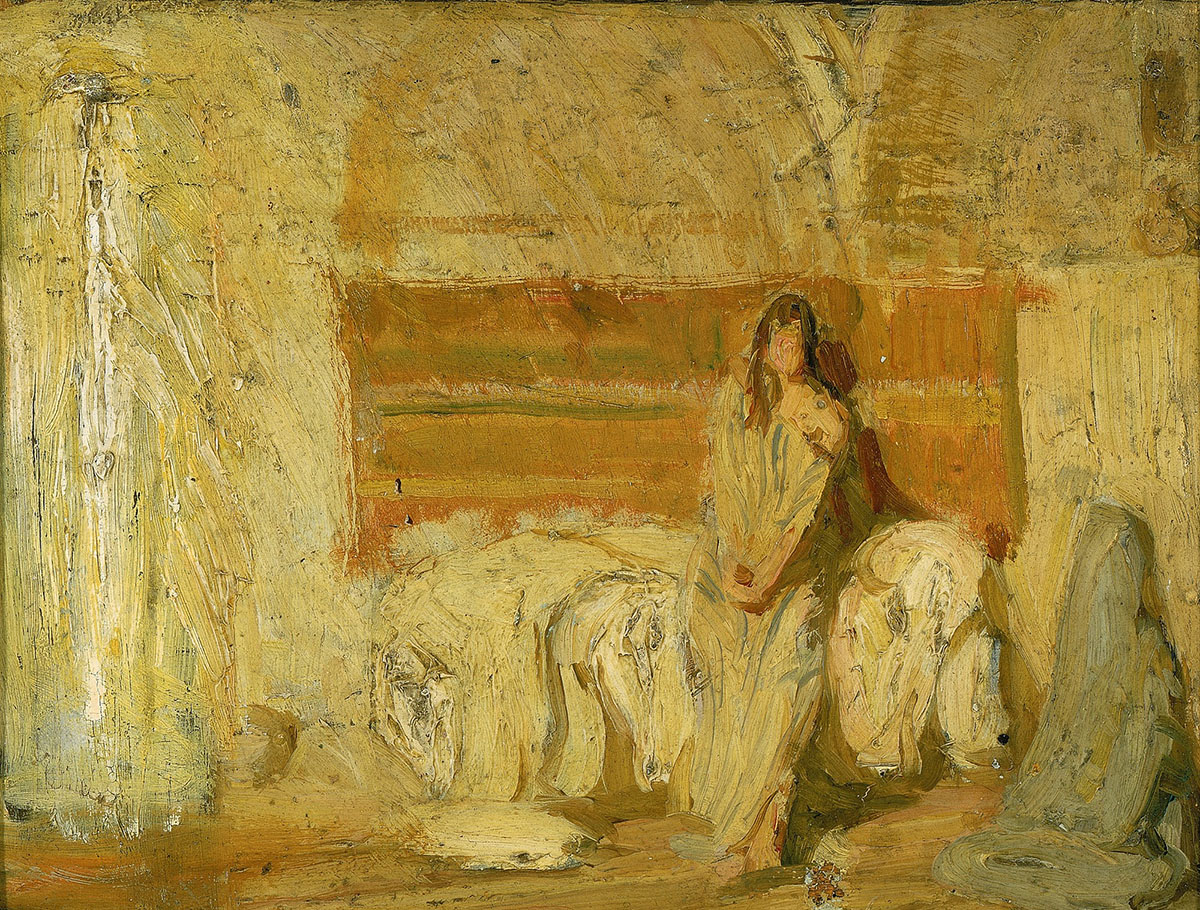Editor’s note: on Tuesday, December 15, 2020, the chapel at Concordia Seminary had its traditional Advent service focused on the Great O Antiphons (which you can view at scholar.csl.edu/cs2021/57/). As an introduction to the service, the following thoughts were shared.

In 1521 into 1522, Luther worked on some Advent sermons to be published from his exile at the Wartburg, and he reflected how the medieval tradition had often preached about three sometimes four different Advents of Christ: his first advent when he was born of the Blessed Virgin Mary, his second advent when he will come again as judge, but also a middle, spiritual advent when Christ comes to the individual soul, and sometimes even an individual’s time of death was described as a kind of advent as well.[1] But Luther points out that the most vital advent of Christ was overlooked: the advent of the Gospel, the arrival of apostolic Word proclaimed throughout the world. Without this, said Luther, the first advent would have been in vain. It is this advent that St. Paul himself stresses throughout his letters. Little does he speak of Christ’s birth, but of the mystery that was hidden but now revealed—the good news, that God reconciles the world in Christ and has poured out his Spirit on his people—this Paul sees as the turning point of salvation history. And it is an advent that has not ceased but keeps coming and coming, like the rolling waves of the sea. The Word of the Lord grew said St. Luke when speaking of the church in Acts, and on and on it continues.[2]
That same year, Luther would publish a translation of the New Testament so that the Word could move beyond the lecture hall and the pulpit and even into the homes of every family. And so we are heirs of this advent still. Sadly, many of us and many churches around the country have experienced the interruption of weekly worship services—and that has been a burden to many of us, even though the disruption is only for a time. Yet even so, the Word has not suffered—I have watched with great admiration and gratitude—pastors using every form available to preach, teach, share devotions during this time. And the Word comes—it comes through the printed word, it comes through the voice of the radio, and through video and virtual and html—and around the dinner table and at the edge of children’s beds where mothers and fathers (whom Luther calls “Episcopus” and “Episcopa”—the bishops and bishopesses of their families) read and teach the Word in their homes.[3] The Advent of the Word will not be frustrated—the Word of the Lord grows—the Word has come, it comes still, and it will continue to come, giving light to our hearts until our Lord finally comes again. In such hope and gratitude we sing, we pray, and we listen to the irrepressible Word of our God.
Endnotes
[1] Cf. WA 10I/1.2, 7, 17—8, 6. The notion of three advents was introduced by Bernard of Clairvaux (1090-1153) in several Advent sermons, written around 1138-39 A.D. Pope Innocent III (1161-1216) popularized Bernard’s three advents, adding a fourth to correspond to the four Sundays of Advent.
[2] E.g. Acts 6:7; 12:24; 13:49; 19:20.
[3] WA 39/1, 57-58. See also Luther’s treatise on marriage: “Most certainly father and mother are apostles, bishops, and priests to their children, for it is they who make them acquainted with the gospel. In short, there is no greater or nobler authority on earth than that of parents over their children, for this authority is both spiritual and temporal. Whoever teaches the gospel to another is truly his apostle and bishop” (LW 45, 46).


Leave a Reply
You must be logged in to post a comment.